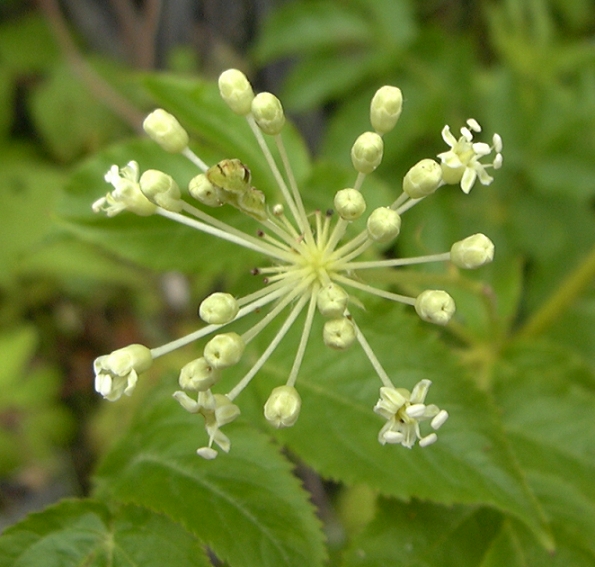A few other foods and herbs to support liver function:
Artichoke (Cynara Scolymus) Artichoke is another common ingredient in liver detoxification supplements. It has several benefits:
it increases the production of bile without adversely affecting the liver
it increases the excretion of cholesterol in bile
it inhibits cholesterol creation within the body
it potentially has a protective effect on liver cells that is greater than silybum in milk thistle. More study needs to be done on this in people to confirm it.
Artichoke helps in liver detoxification after treatment with arsenates, as well as generally increasing replication of liver cells. Thus, like milk thistle, it helps the liver regenerate faster.
Clinical studies support the role of artichoke in reducing cholesterol, and blood levels of triglycerides (fats).
 Dandelion Root (Taraxacum Officinale)
Dandelion Root (Taraxacum Officinale) Dandelion is used to help both liver and kidney function, though the leaves are better for the kidneys, and the root is better for the liver.
Dandelion is another common ingredient in liver detoxification remedies. Dandelion increase bile production, which then helps with digestion. It also means that toxic wastes are able to be better excreted in the feces. This means less recycled wastes for the liver to deal with, and hence an improved capacity to deal with new toxic wastes.
Carqueja - This herb has many properties including hepatoprotective (liver protective) properties. It is commonly used by the indigenous peoples of the rainforest of South America in many types of liver disorders. In a study with mice in 1986, a crude water extract of Carqueja protected against liver damage and increased survival rate by 100% in mice exposed to a toxic liver chemical.
Mutamba - Mutamba has had a place in herbal medicine in almost every country where it grows. In Brazil and Peru its uses include assistance in enhancing liver health. It contains a number of recognized constituents including alkaloids, bet-sitosterol, mucilage, tannins, terpenes and proanthocyanadins.
Chanca Piedra - This plant is so named as its Spanish name means "stone breaker". It has been used for generations by Amazon peoples as a remedy for gallstones. The plant is also employed for its hepatotoxic protection attributed to two compounds in the plant, phyllanthin and hypophyllanthin. These were isolated and described by Indian researchers in 1985. Some studies have also documented anti viral activity against the hepatitis virus but this remains controversial as not all studies have confirmed this.
Erva Tostao - The worldwide use of Erva Tostao roots for various liver complaints and disorders was validated when researchers demonstrated in 1980 and 1991 that a root extract provided antihepatotoxic properties in animals, protecting the liver from numerous introduced toxins.
Picao Preto - A research group in Taiwan has stated that this herb "can protect liver injuries from various hepatotoxins and have potential as broad spectrum antihepatic agents".
Jurubeba - This herb is listed in the Brazilian Pharmacopoeia as specific for anemia and for liver disorders.
Gervao - North American practitioners have used Gervao leaves as a natural remedy for parasite, liver and digestive problems.
Boldo leaf - In herbal medicine today, Boldo is used extensively throughout Europe, North America, South America and Latin America as a specific treatment for gallstones, and many types of liver, stomach and digestive disorders.
Sarsaparilla- This herb has been reported to enhance the absorption and bioavailablity of other phytochemicals and herbs. It is often included in small amounts for this attribute.

Wild Sarsaparilla
Turmeric (Curcuma longa) falls into both the food and medicinal plant category. As a seasoning, turmeric is used a lot in Indian food. This substance helps to protect the liver against damage, fights inflammation and oxidation, aids in digestion by stimulating bile flow and supports liver detoxification. Try adding it to your favorite chicken and rice dishes.
Caution: Long-term use may cause gastrointestinal disturbances.
Typical dose: As a tea, use 1 teaspoon of dried root to 1 cup water, simmer and take 3 cups/day. Incorporate into diet as a seasoning.
Ginger (Zingiber officinale) is used in cooking and as a medicinal herb. It contains 8 liver-protecting compounds. It aids digestion by stimulating bile flow and contains more than 12 antioxidant compounds.
Caution: Ginger is not recommended for people taking anticoagulants, avoid taking if stomach is overstimulated and take in moderation during early pregnancy.
Typical dose: Use in cooking. To prepare a tea, add 1–2 slices of fresh ginger to 1 cup of water and simmer.
Burdock (Arctium lappa) root can be added to soups and stews. Burdock acts as a powerful antioxidant and as a blood purifier. It is also good for gastrointestinal problems and can help to restore liver and gallbladder function.
Caution: Avoid using if allergic to ragweed, chrysanthemums, marigolds and daisies. Large amounts may cause hypoglycemia. If taking insulin, consult your doctor before using because your insulin dosage may require adjustment. Do not use if pregnant or breastfeeding.
Typical dose: 3 cups of tea per day. Add 1 teaspoon of dried root to 1 cup of water and simmer. Use in cooking.
Licorice (Glycyrrhiza glabra) root is an herb that can help to reduce injury to the liver cells. It has been used in the treatment of cirrhosis and chronic hepatitis. Studies have shown that it can reduce liver enzymes and improve the symptoms of chronic hepatitis.
Caution: Licorice root can increase blood pressure if taken in large doses. If you have high blood pressure, do not take more than 3 cups of licorice tea per day and avoid taking licorice extracts in liquid, capsule or pill forms. Also, avoid licorice if you are pregnant, have heart disease or take medications for heart disease.
Typical dose: 3 cups of tea per day. To prepare tea add 1 teaspoon of dried licorice root to 1 cup of water and simmer.